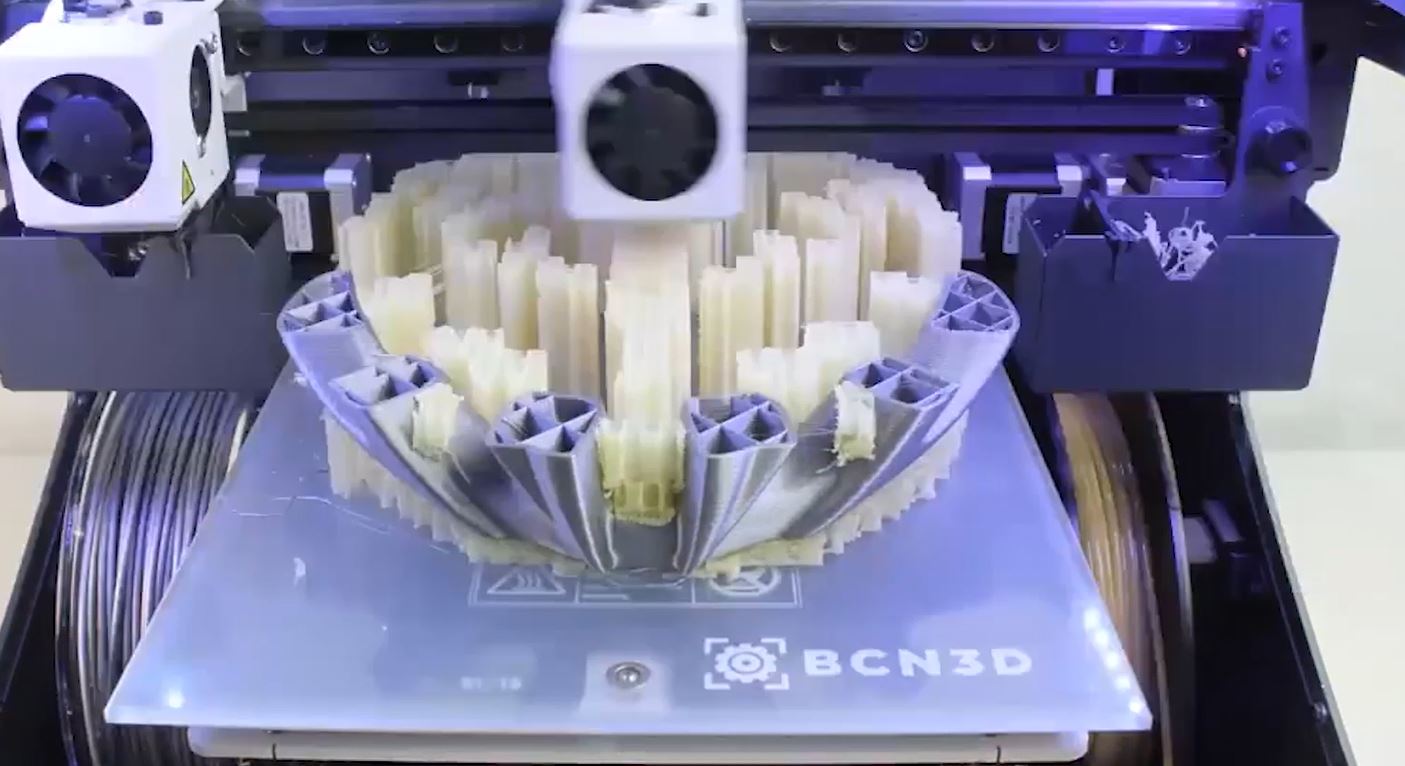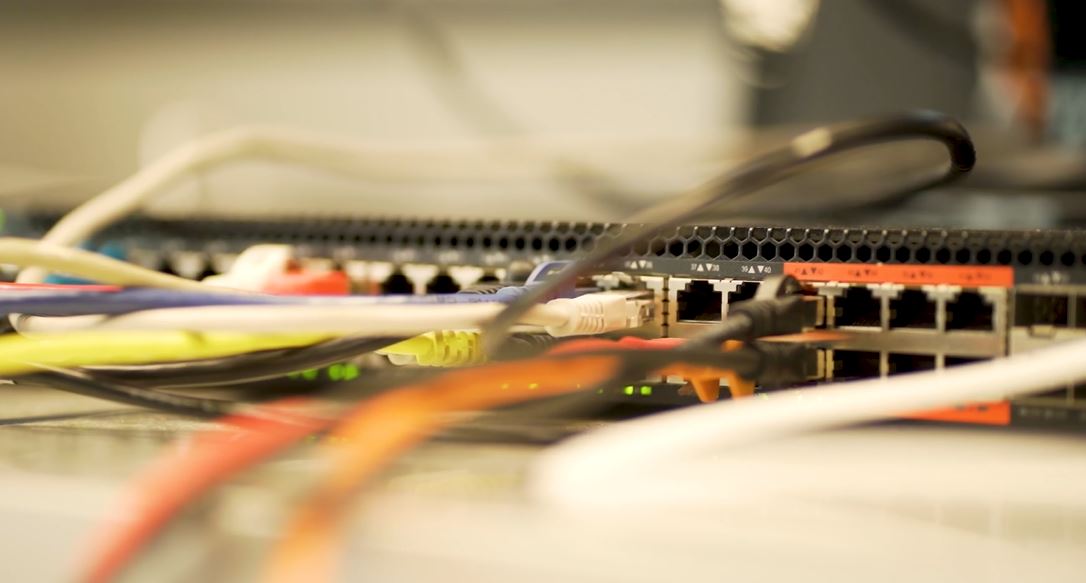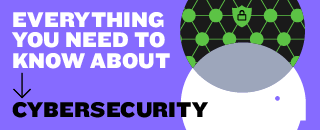
Network manager
Other denominations
Network Engineer
Description
Network managers are responsible for correct network monitoring. Execute high-level technical development proposals and specific evaluations of network functionality, as well as identifying and diagnosing problems. Network management has taken on increasingly greater complexity within companies. They were initially only comprised of a LAN network and WAN links, but modern-day networks link telecommunications systems, computer equipment, the Internet and multimedia services like videoconferencing, etc. Network managers are responsible for and well versed to assure proper flows of traffic circulating on the network. This post is generally needed at companies with very large and very complex networks, as well as those where the net is essential for business.
Tasks
- In charge of network follow-up and monitoring.
Perform controls of data transmission: data stream, network reliability, redundancy (robust networks require redundancy; if a link fails, there must be alternative paths so that they can continue operating alone) and its performance. For this reason, routing protocols and tables must be established.
Monitor the network with a system that controls its state. This is very important because it lets breakdowns and improper operations be detected so that notifications about what is happening are sent automatically. In many cases, and depending on business requirements, this supervision must be constant, which is why it will be necessary to work in shifts. This task will be primarily done in the first years of holding the post. There is sometimes specialised maintenance equipment in charge of basic incidents that can perform field work and replace broken equipment.
Establish alarm software for network devices and configure them to be recognised by management systems.
Perform 'proactive' or advance monitoring of the network, namely, assure that errors are detected before they cause incidents that are noticed by users. - Manage network maintenance.
Must adapt network management programs or execute specific programs to configure the network and pertinent devices.
Resolve incidents on the network, resolving problems that are connected both to software and hardware (reconfiguration of devices, etc.)
Perform very specific tests with the aim of isolating problems that occur on the network and, to do so, use specific tools such as protocol analysers.
Study possible expansions so that company needs are covered; study the impact of possible network expansions using new systems.
In charge of the migration process from old systems to new ones. - Assure network IT security.
In the cases in which this function does not have a specific profile, this professional will be responsible for the confidentiality of the information: prevent access to data from outside and also establish a permissions system for the internal network. For this, manage security elements on the network such as firewalls and intrusion detectors (IDS). - In charge of documentation.
Make a log of network configuration that contains the necessary data (names, identifying numbers of equipment, etc.) for correct network management, either for future expansions or to have a report for the organisation.
It is important to document the incidents that occur on the network and to log the measures employed to resolve them. It will be used to resolve incidents faster and to detect design errors if the incident happens too many times.










 | Catalan | Beginner
| Catalan | Beginner | English | Advanced
| English | Advanced
 Open
Open



_tcm43-52768.png)
 | Catalan | Beginner
| Catalan | Beginner





